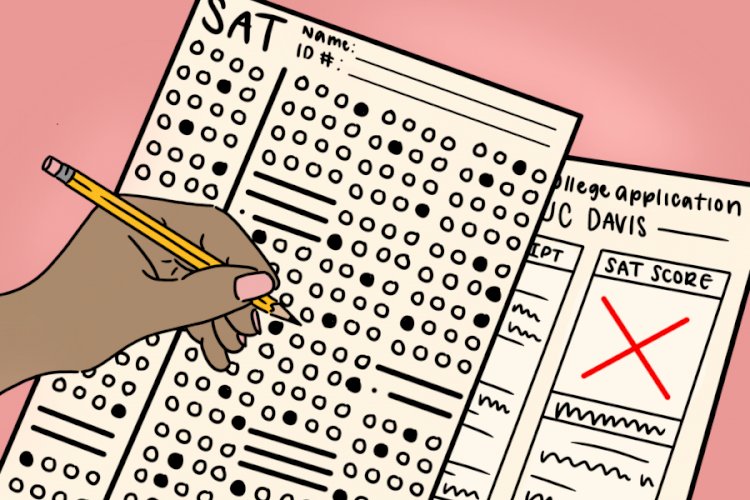.jpeg)
Even when Jack Welch was at the helm of General Electric in the late 1990s, he was a polarising figure. He was dubbed "Neutron Jack" because of the draconian employment losses he implemented in the 1980s, the beginning of his two decades as GE's CEO. He'd made the corporation, dubbed "Generous Electric" in the 1920s for its compassion, a byword for brutal tactics like "rank and yank," his strict policy of dismissing the lowest performing 10% of any team every year.
He was also on the verge of being named Fortune magazine's "Manager of the Century." His undeniable achievement in increasing shareholder value was widely praised, and his colleagues at work imitated his methods.
It was difficult to comprehend unbridled corporate capitalism and fast-spreading globalization in the United States and elsewhere without knowing about, or alluding to, GE's development under Welch, a little guy with a vast international reach.
Even so, holding Welch accountable for corporate America's evisceration and its political system's corruption is a stretch. In The Man Who Broke Capitalism, David Gelles gives it his all. He compares imperialism with "Welchism," a Darwinian credo of "downsizing, dealmaking, and financialization." It's a virus, he says, with genetic roots in economist Milton Friedman's shareholder primacy theory.
Well, this "insidious philosophy" found an ideal host in Welch, the scrappy Boston-born outsider who was the unexpected choice for GE CEO in 1981, according to Gelles. The company, founded by Thomas Edison, was a venerable but bureaucratic maker of refrigerators, lightbulbs, motors, and wires at the time. It was thus the ideal setting for a large-scale experiment in the hard-edged cost-cutting and reorganization that has since become commonplace in the global business landscape.
Welch has "left a path of damage" throughout today's corporate sector, writes Gelles, a New York Times (and former FT) correspondent, from Amazon's working habits to Kraft Heinz's dramatic efficiency push.
When he was interviewed, Welch was the dominating exemplar of the cult of the CEO. He exuded a ferocious charm and undoubted charisma, and business journalists probably aided the hero-worshipping.
However, as soon as Welch handed over the reins of GE to his successor, Jeffrey Immelt, his reputation began to deteriorate. A series of US scandals, starting with the collapse of the energy company Enron, have exposed top executives' excesses. As a result of the criticism, Welch was forced to reject certain previously uncontested privileges in his retirement package. These privileges included tickets to a box at Fenway Park, where his favourite Red Sox played baseball, and an apartment at the Trump International Hotel & Tower overlooking Central Park.
Also read: We look at the most crucial factors to consider while selecting the ideal business school
"Half the Fortune 500 would have been jumping off bridges if Jack leapt off a bridge," claims one former GE executive quoted here. Someone else would have led the charge if he hadn't been there. At the start of this short, crisp, incisive book, Gelles says that future anthropologists will wonder why we ever worshipped our bosses. However, if Jack Welch did not exist, Americans might have felt compelled to invent him!
 MBA Center Global
MBA Center Global 























